Resilience of leaders & organizations
I believe adaptive capacity or resilience is the single most important quality in a leader, or in anyone else for that matter who hopes to lead a healthy, meaningful life. – Warren Bennis (2007)
Current developments such as globalization and digitalization have led to changes in the world of work. These are characterized by rapid changes and a higher level of stress, whereby crises, as the current COVID-19 pandemic has shown, are now part of the everyday life (Foerster und Duchek, 2022).
Working in such a highly globalized, interconnected, highly volatile, uncertain, complex and ambiguous world can also be summarized by using the term VUCA world (i.e., volatile, uncertain, complex and ambiguous; e.g., Lewis und Smith 2022).
In this context, it should be note that the annual costs incurred by the economy as a result of work-related overload have been rising for years. According to the European Agency for Safety and Health at Work, these costs exist both directly (e.g. preventive measures) and indirectly (e.g. lower productivity due to increased sickness absence or staff turnover), whereby the direct costs are only representing the tip of the iceberg (EU-OSHA, 2014).
In this context, resilience is a valuable resource that helps to deal effectively with challenges and crises and moderates the risk of stress-related illnesses such as burnout.
Promoting resilience in organizations can therefore be regarded as an competitive advantage that helps organizations and employees to remain healthy and efficient, especially in times of crisis.
Based on my research, I offer both resilience counseling and trainings in organizations. I help to identify features of individual and organizational resilience (i.e., measuring resilience), give lectures on the topic of resilience with different emphases (e.g. resilience and crisis management, resilience in the health context) and offer resilience training for various professional groups (i.e., resilience promotion, e.g. resilience in nursing, resilience of managers).
Individual adaptations are of course possible. Pricing is also agreed on an individual basis.
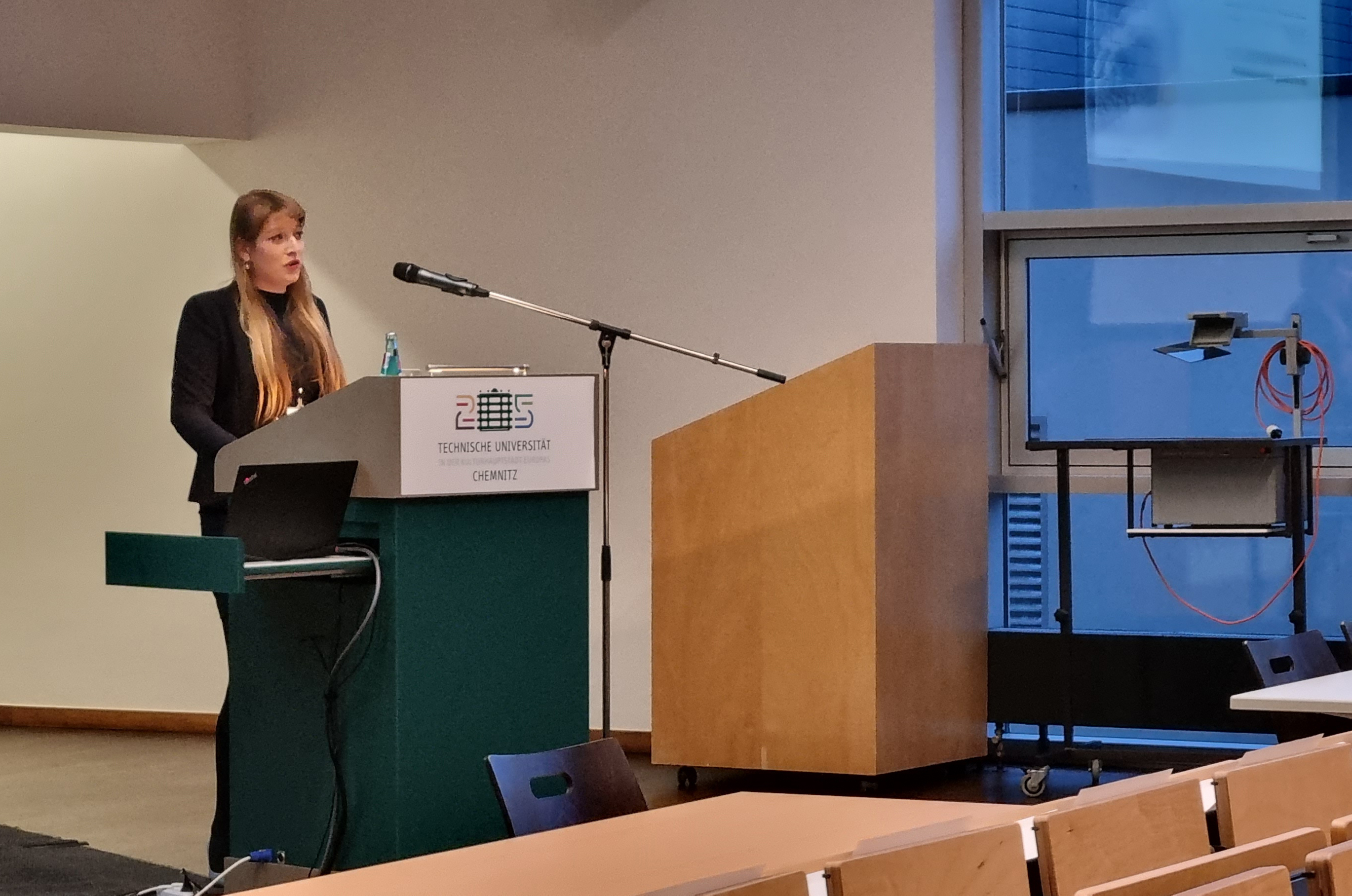
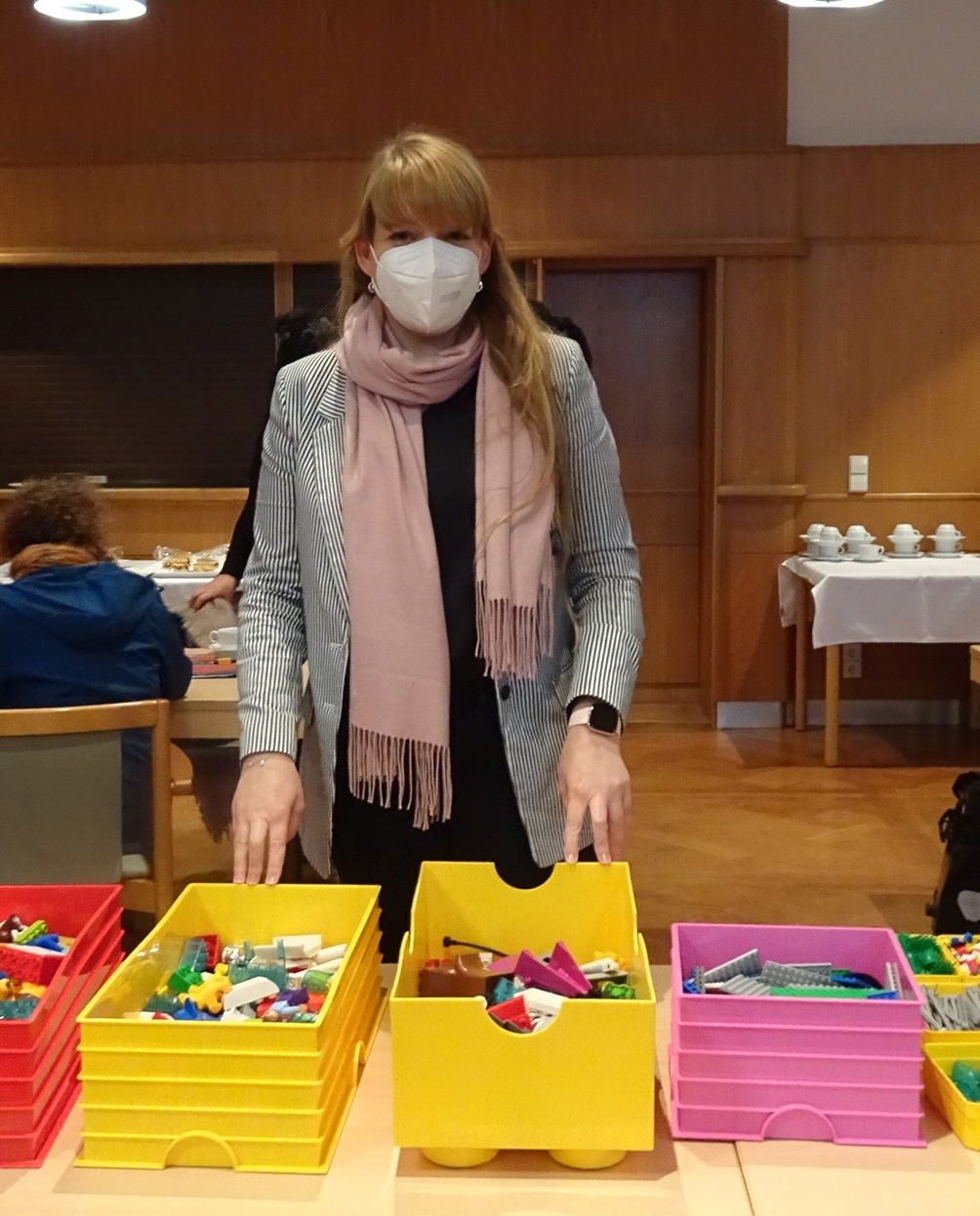
Since the beginning of this century, the intensity and frequency of crises have increased. In addition, developments such as increasing globalization and digitalization, working from home, the blurring of boundaries between work and private life, flat hierarchies, new career paths and topics such as agile working, flexibility, self-determination, co-determination and collaboration have constantly changed our working environments.
Resilience, defined as the ability to deal effectively with critical situations, challenges and crises and to grow from them (Foerster & Duchek, 2022), can help us to deal with these situations.
We know from previous research that resilience can be learned and therefore be trained (e.g. Coutu, 2002; Youssef & Luthans, 2005). The LEGO® Serious Play® (LSP) training method has shown to be particularly effective in training resilience. Using this training method, it is possible to train the various resilience skills (e.g. anticipating and dealing with crises) and thus promote individual resilience in the long term. LSP was developed by LEGO® in the mid-1990s. The use of LEGO® bricks is intended to promote communication and, in particular, strategic imagination in a playful way, with the bricks serving as a transport medium for ideas. In contrast to a normal game situation, LSP is a goal-oriented solution to complex problems, which is based on the concepts of constructivism and constructionism. A key advantage of this training method is the motivating effect triggered by the flow state. The participants are completely immersed and involved in the game, which enables particularly effective learning.
The training can be individually adapted to the needs of the organization and its employees. This can, for instance, refer to the thematic focus (e.g. resilience in care), the duration (e.g. length of training), and the specific challenges in the organization or the team currently faces.
The term resilience has become a real buzzword. Despite this frivolous use, resilience is a complex construct that is not so easy to understand. We know, for example, that resilience is a context-dependent construct (e.g. Fletcher und Sarkar, 2013; Kossek und Perrigino 2016), in which the specific challenges of a particular occupational group shape their resilience.
A 30- to 120-minute lecture provides an introduction to the topic of resilience. A longer format is also possible in combination with, for example, smaller discussion questions. These lectures may focus on the following topics:
- Organizational Resilience
- Leaders‘ resilience
- Resilience of women leaders
- Resilience in Crisis
- Resilience with a focus on healthcare organizations
- Digital Resilience in the healthcare context
With this lecture I do not only provide the audience with an overview about the resilience topic, I also derive important implications from current research in a practical way, derives recommendations for action with regard to an efficient and sustainable resilience promotion and also discusses the limits of the resilience concept. Just like the resilience trainings, the presentations can also be adapted to the individual needs of the organization and its employees. This refers not only to the thematic focus and the duration, but also to the specific challenges faced by the organization or the team.
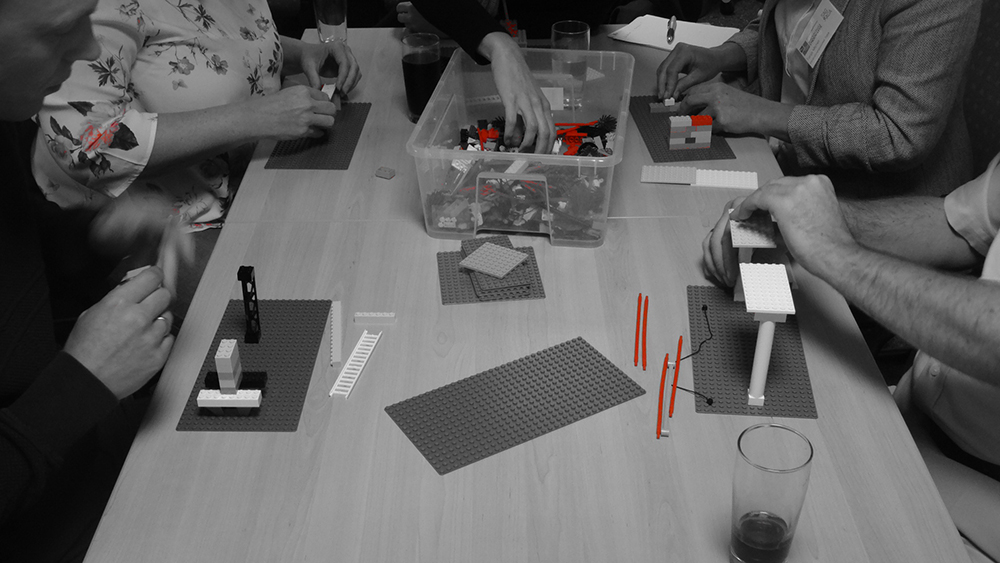
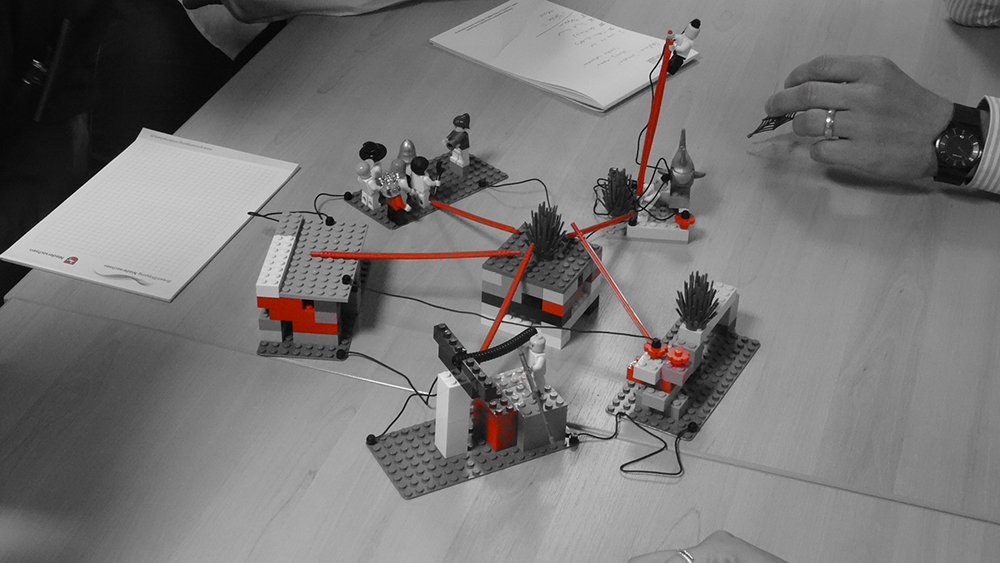
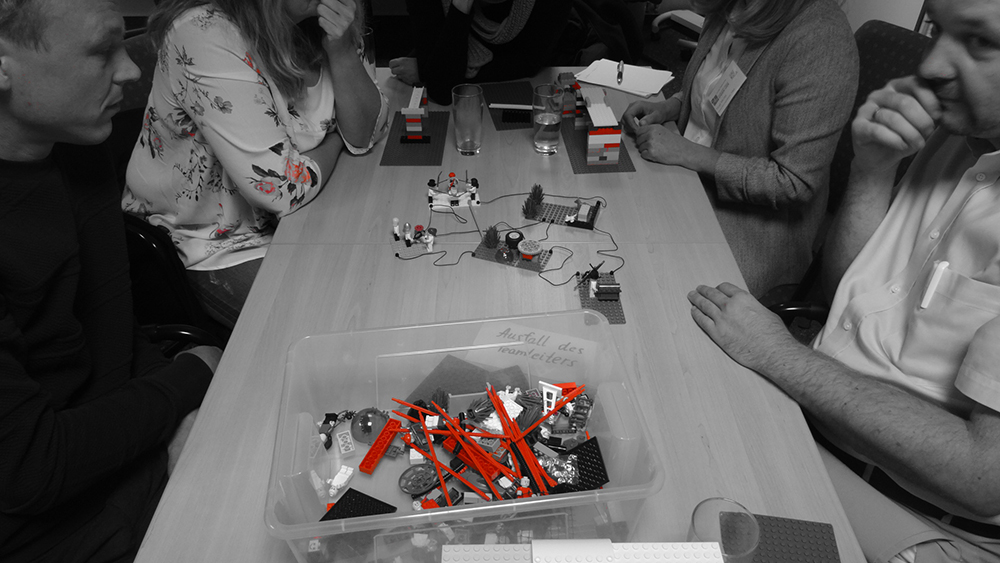
Kontaktdaten
Charlotte Förster
Görlitzer Straße 5
01099 Dresden
mobil +49 (0) 1515 663 668 3
email info@charlotte-foerster.com
web www.charlotte-foerster.com

